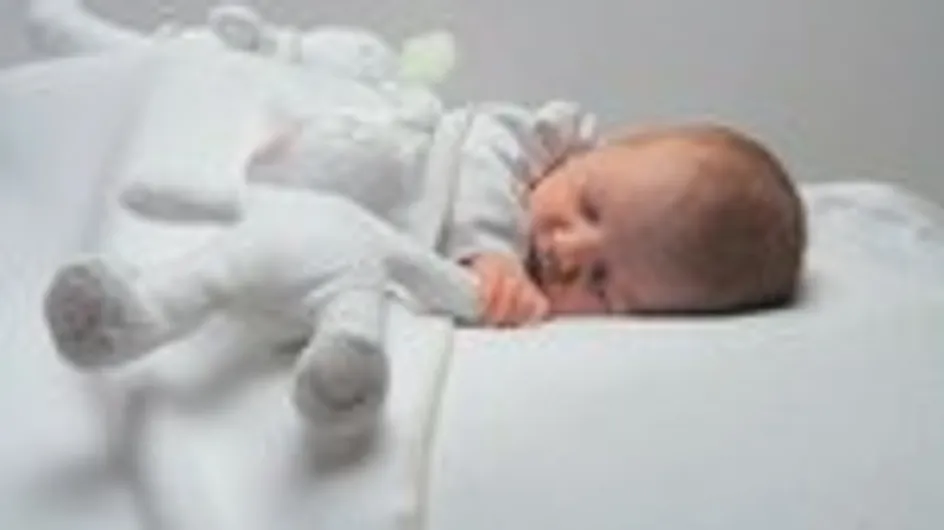Your baby at 2 months old
Baby weighs around 5kg and measures 60cm.
Baby can hold his/her head up and turn over.
Baby can pull a blanket up, hold a light object and follow objects with his/her eyes.
Baby enjoys bathing.
Baby is very sensitive to touch and massage.
Baby drinks around 700 to 800ml of breast milk or infant formula milk (5 or 6 bottles) a day.
Health: medical visits
Immunisations will be the main purpose of medical visits. Some are obligatory, while others are recommended.
Some babies in high-risk groups are given a BCG immunisation for protection against tuberculosis shortly after they are born.
At two months, babies are given the DTaP/IPV/Hib to protect against diptheria, tetanus, pertussis (whooping cough), polio and haemophilus influenzae type B (Hib). These infections pose considerable risks to babies' health, which is why vaccination is essential. The vaccination is administered in three injections with one month intervals. Higher risk babies may also receive immunisation against Hepatitis B.
Side effects are probable but these have no serious consequences. The reaction of each baby to injections differs; some doctors advise giving baby paracetamol before sleeping to prevent any fever that may occur.
Minor problems
Your baby may suffer from colic, which is painful but normal. Babies with colic have piercing cries, but there's nothing you can do so don't get alarmed. Colic does not last, so comfort your baby with cradling and hugs. The problem will disappear, usually by the end of the third month.
To prevent red, irritated bums, change your baby's nappy regularly, use ultra-gentle cleaning products and invest in special creams.
If your child also develops baby acne, don’t worry: this is minor. Baby could also get eczema that is often localised on the cheeks, hands, ankles, wrists and elbows. Creams will help reduce itching.
Babies may cry for no apparent reason, to relieve tension for example. Don’t forget that crying is their only way of communicating.
Baby’s awareness
Your baby has made a big step in terms of cognitive development and reasoning. Things that seem trivial to you are not for baby, such as tantrums at feeding time.
Your baby will be awake for longer and longer and be very receptive. Even if your baby only emits little cries, he or she is already learning how to speak. This is why language games are an excellent way to contribute to baby's awareness and create strong emotional bonds between you. Baby also grows with your tenderness and responds to smiles with smiles, the first signs of communication other than cries and tears!
Daycare
If you decide to go back to work, you’ll need to think about childcare at the end of your maternity leave. At 2 and a half months, babies are still very young to be put in daycare, so it’s important to stay with them for as long as possible to reassure them about the new environment and help them adapt gradually.













